The National Organization of Black Law Enforcement Executives (NOBLE) serves as the conscience of law enforcement by being committed to justice by action. NOBLE has nearly 60 chapters and represents over 3,000 members worldwide that represent chief executive officers and command-level law enforcement officials from federal, state, county, municipal law enforcement agencies, and criminal justice practitioners.
To ensure equity in the administration of justice in the provision of public service to all communities, and to serve as the conscience of law enforcement by being committed to justice by action.
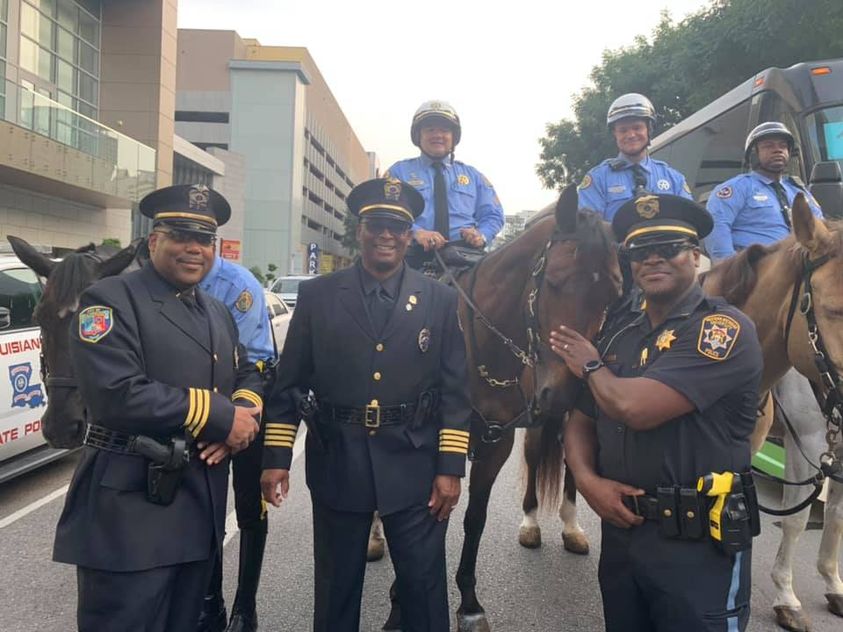
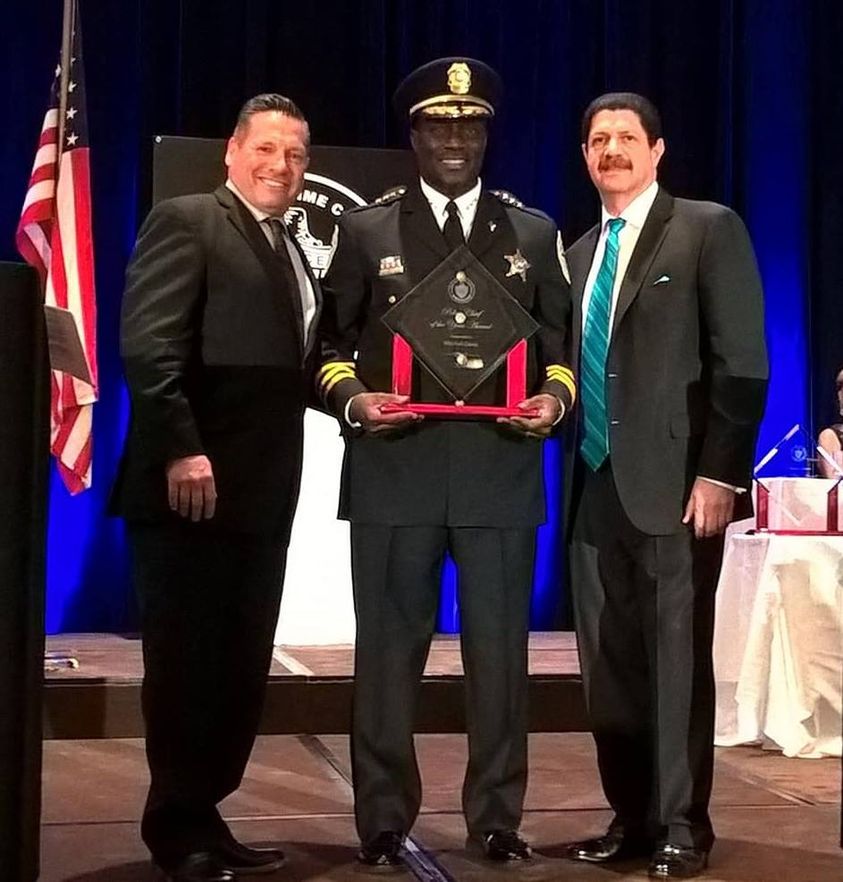
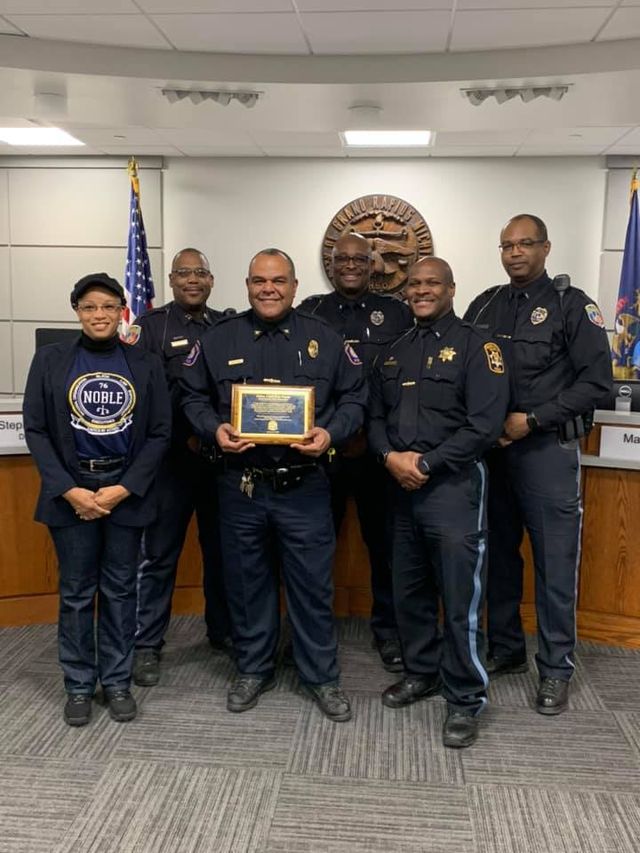


Bloomington Police Department

Kent State University Division of Police Services

President of the Illinois Association of Chiefs of Police

appointed as Interim Chief of Police in Evanston, IL

ppointed to Chief of Police in Calumet Park, IL

retired as Chief of Police in Evanston, IL

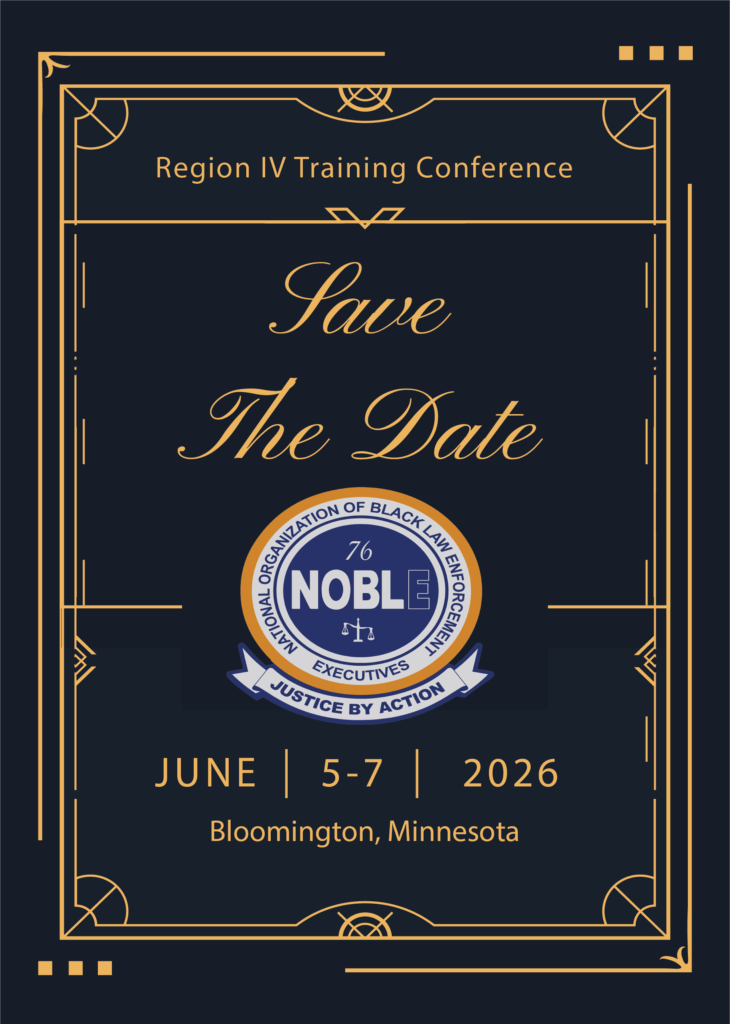
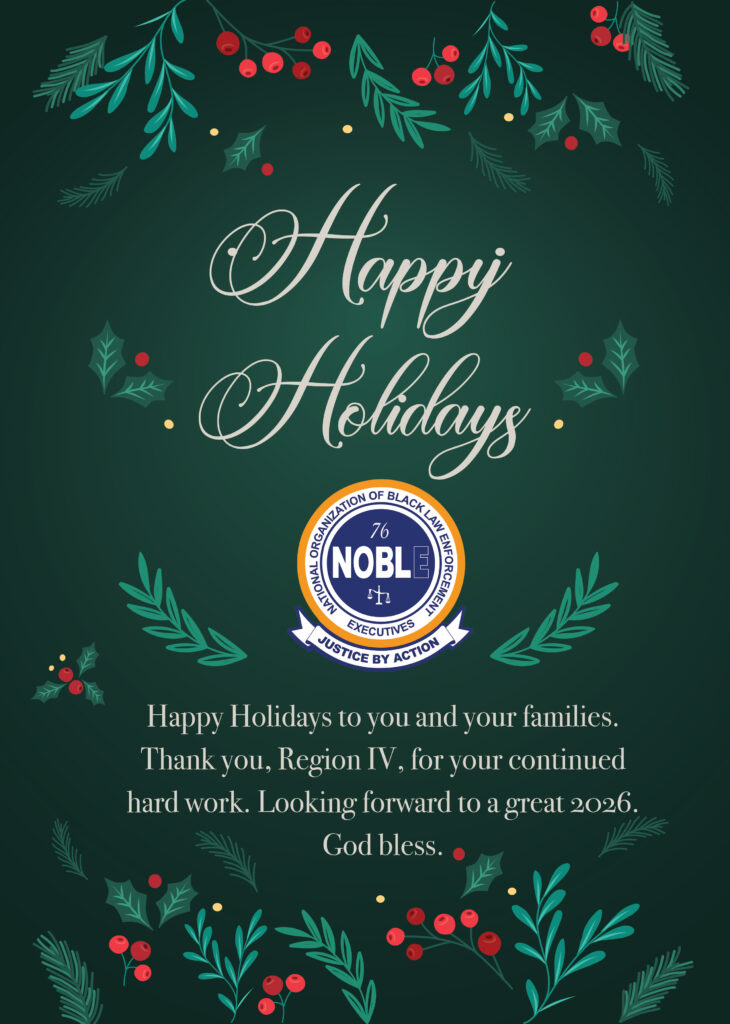
The National Organization of Black Law Enforcement Executives (NOBLE) was founded in September 1976 during a three-day symposium to address crime in low-income urban areas. The symposium was co-sponsored by the Police Foundation and the Law Enforcement Assistance Administration (LEAA). The Joint Center for Political Studies (JCPS) coordinated this unprecedented event in which sixty top ranking black law enforcement executives representing twenty-four states and fifty major cities gathered in the Washington, D.C. area to participate. They exchanged views about the critically high rate of crime in the black urban communities and the socio-economic conditions that lead to crime and violence. They raised questions about relevant issues such as fairness in the administration of justice, police community relations, the hiring and promotion of black police officers, and the unique problems of the black police executive.
Recognizing black law enforcement executives could have a significantly more effective impact upon the criminal justice system through a unified voice, the symposium participants departed from the planned agenda to create NOBLE. They unanimously elected Hubert Williams, then Director of the Newark, New Jersey Police Department, and the first black police chief of a major city, temporary chairman of NOBLE. During that meeting, the initial purpose and the objectives of the organization were developed and a working committee to devise the organizational structure was formed.
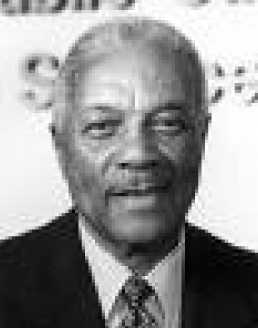
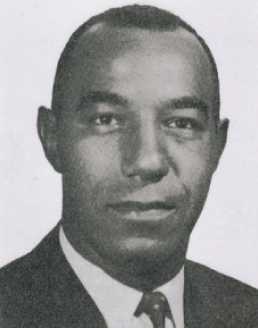
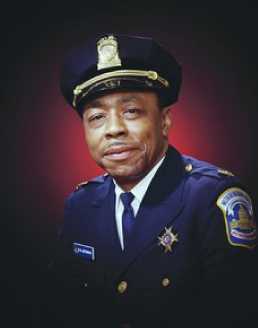
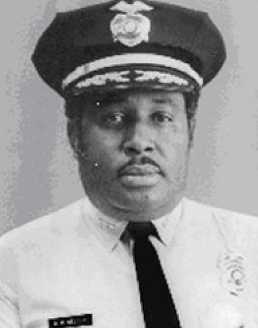
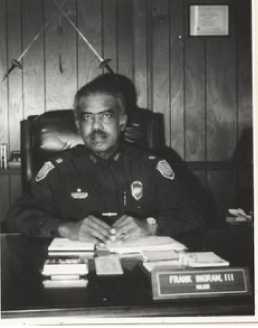
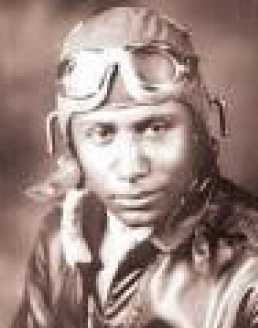
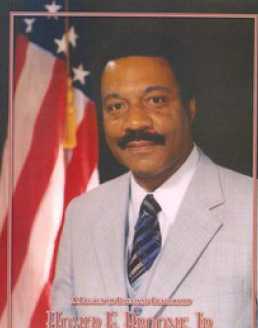
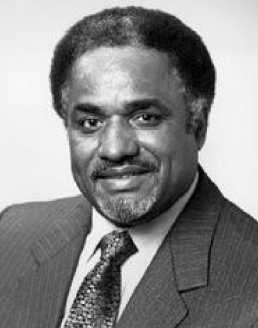
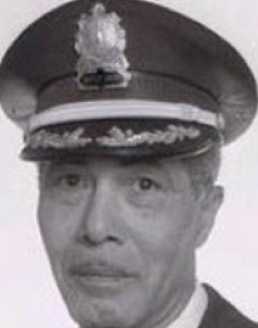
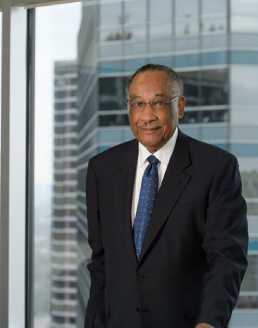
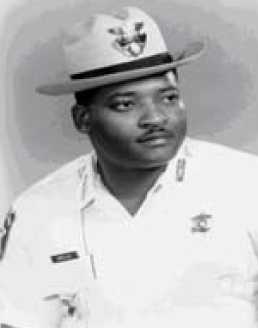
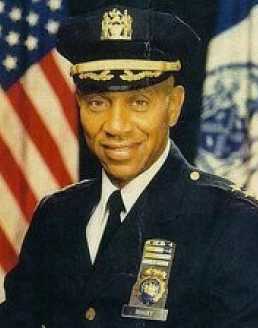
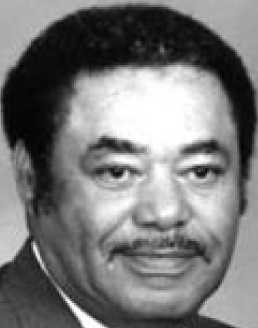
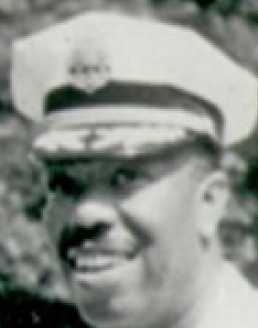
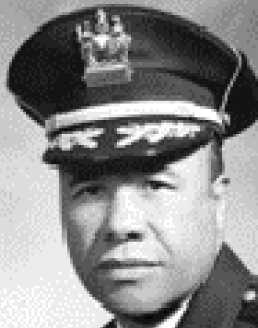
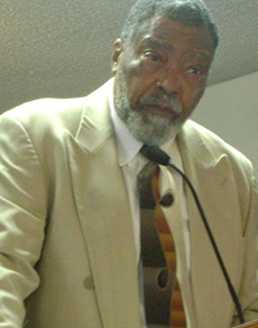
JOIN TODAY!
ICE BREAKER
What Just Happened Here? A Group Discussion on Police Response to Mass Demonstrations:
Breakout Sessions Three topics:
The purpose of this training is to demonstrate how applicant recruitment can be integrated into specific
agency goals and objectives. Furthermore, we will provide recommendations with which agencies can
partner with existing community, educational, and business groups to ensure that police applicants
learn what is expected from these stakeholders. And we will discuss ‘why’ it is important to discuss
what is expected from their chosen agency and most importantly from themselves. We will
demonstrate “How to Conduct a Barriers Analysis.” Barriers analyses help to identify applicant process
components which may be outdated, not helpful, or primarily exist to exclude rather than to include.
Community labor pool analytics will be addressed briefly. We will explain how to include and obtain
actionable results from applicant surveys. And we will provide simple methods to track applicant
process costs and return of investment.
This high-level course is specifically designed for police applicant recruiters, talent acquisition specialists,
police supervisors, and managers assigned to human resources. A complete syllabus and course outline
will be available to all participants.
LEO Applicant Recruitment Best Practices: Part-1, 4-hours
Generally, in the promotion process, a candidate must first complete and pass a written examination.
Some agencies might have the members who scored successfully participate in an Oral Board Interview
or Assessment Process. This helps the agency determine the level of suitability for the rank the member
demonstrates and that may be used as part of a scoring process for promotional candidates. With that
in mind, the National Organization of Black Law Enforcement Executives (NOBLE}, in cooperation with
West Michigan NOBLE Chapter, have designed a training to help an individual successfully complete an
Oral Board Interview and Assessment Process. Although there is no way of knowing what the actual
Oral Board and Assessment you may take will cover or focus on, this training and exercises should help
prepare you for it.
A typical Oral Board usually consists of a panel of high-ranking members of the command staff from
either your agency or other agencies, and in some cases, the inclusion of well-respected citizens. The
panel will "pepper" you with questions about your career, your background, and your role as a
supervisor. This training is designed to help you understand the types of questions or scenarios you may
be presented with and to help you go "behind the scenes" to comprehend the logic that may have been
used to put them together.
Some Departments may set up an Assessment Process that will be recorded. The recording is later
reviewed and graded by a panel of high-ranking members of the command staff from either your agency
or other agencies. This means you will not see the evaluators face to face as you are going through it. The panelists will later watch how you handle the (badge) scenario or an (interactive) situation that may
include other people who are role playing in the scenario and grade your performance.
The mock exercises contained in this training will help you understand some of the behaviors/responses
the evaluators may be told to look for in a promotional candidate and why. You need to remember that
Oral Board and Assessment Processes are governed by the rules, regulations, policies and procedures
contained in your agency's Police Department Manual. While no training can guarantee you a
promotion, this training has helped many others better understanding and achieve success when they
took their Oral Board/Assessment Process while on the way to achieving their career goal of promotion.
ORAL BOARD AND ASSESSMENT TRAINING INFORMATION
• Top Questions asked at Oral Boards
• Different types of Assessments: (face-to-face) Oral Boards, (recorded personal) Badge Scenario,
Interactive Scenarios (recorded with other people)
• Sample of a Candidate's Packet Sample of an Assessor's Packet Sample Sergeant In-Basket
Exercise
• Background Info of an Assessor That Is Generally Completed
• Sample Badge Type Exercise Scenario
• Sample of Badge Dimension/Skills Assessment Grading
•Additional Badge Practice Exercises
If you are hired as head of an agency, what piece of advice should you always remember?
June 11, 2021 at 6pm-8pm
June 12, at 10am-2pm
June 13, 2021 at 3:30pm-5:30pm
Register TODAY!
JOIN TODAY!
JOIN TODAY!
JOIN TODAY!
JOIN TODAY!